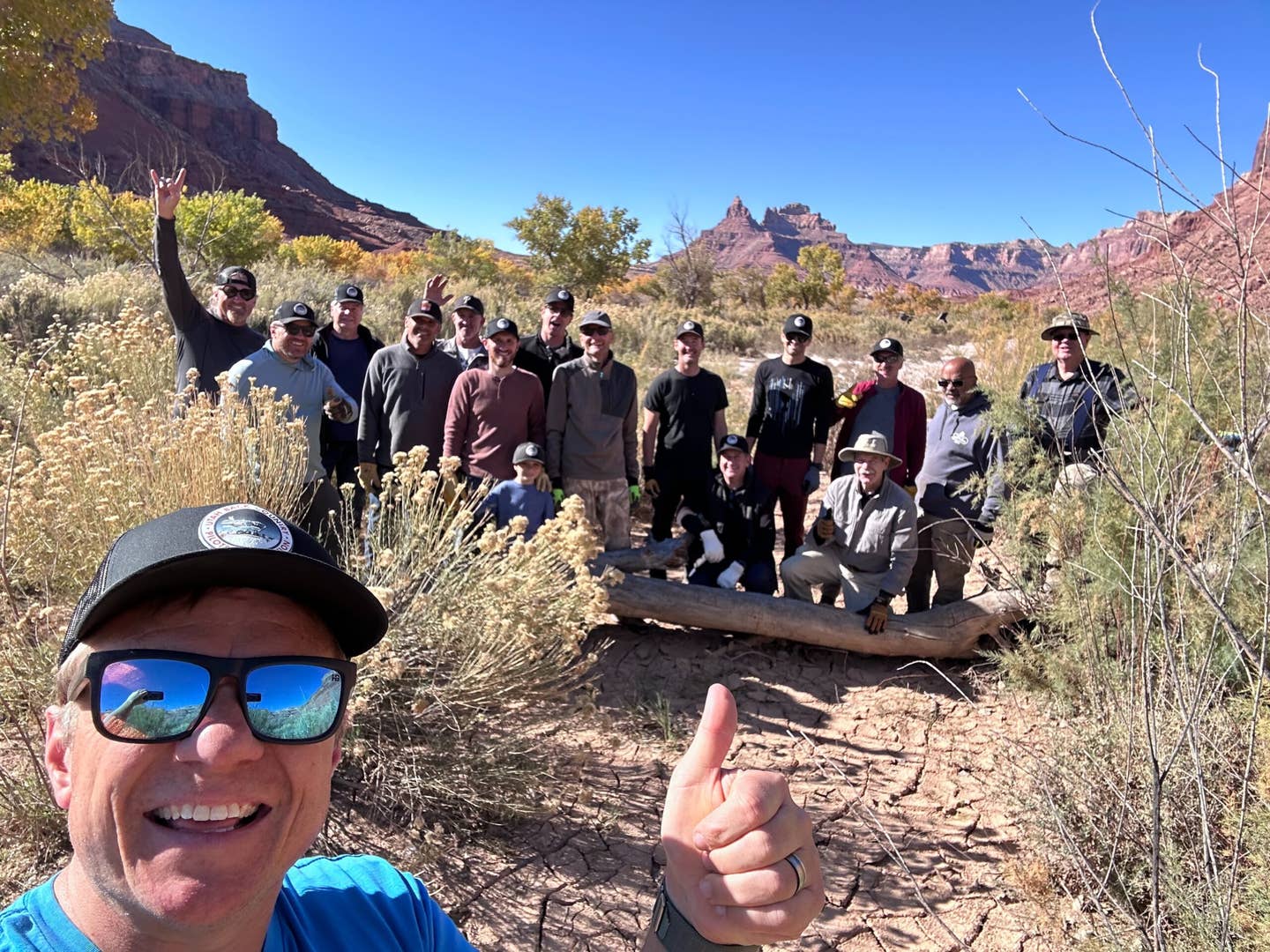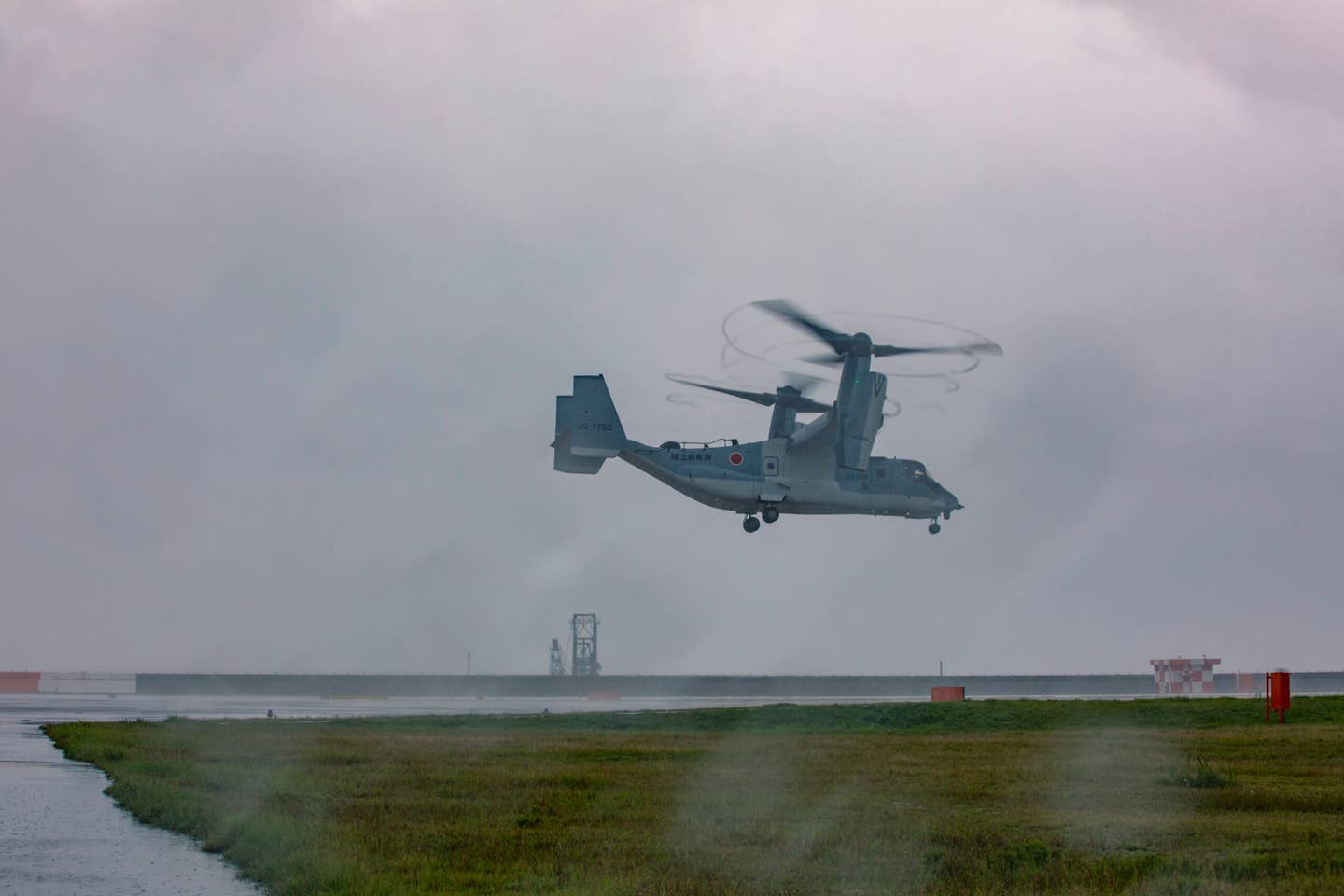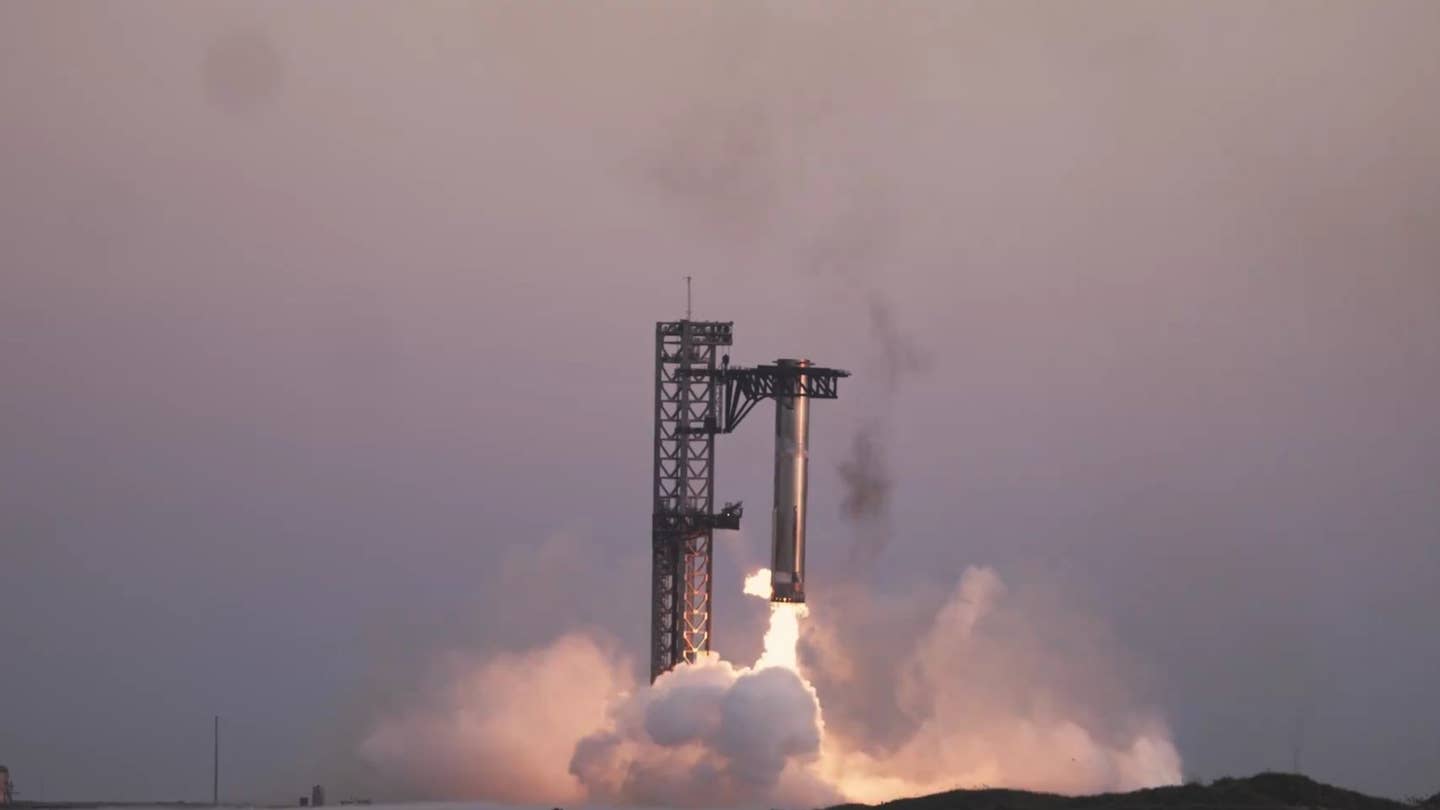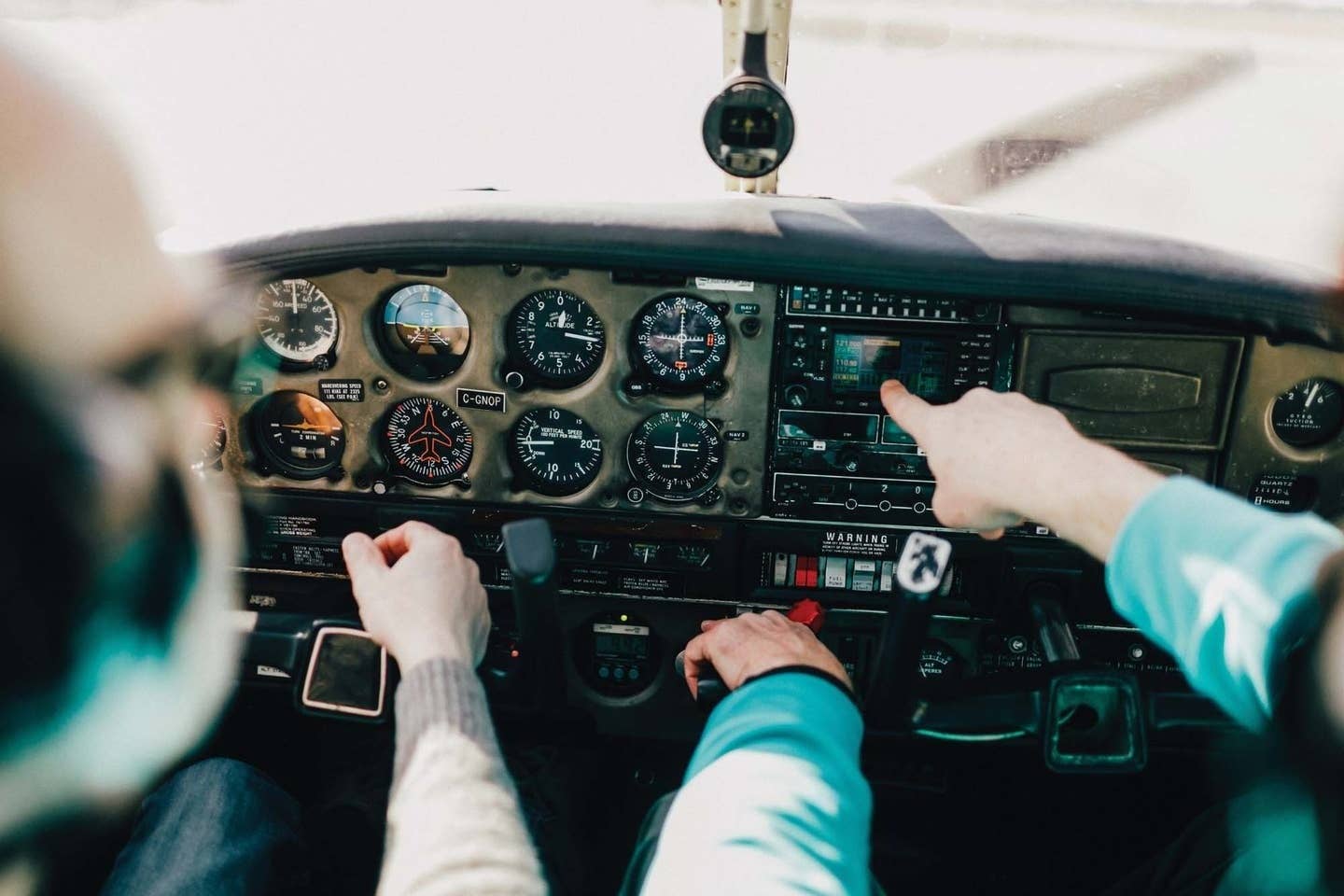
Representatives of the air traffic controllers' union challenged specific language in the NTSB's report on last week's tragic midair collision above New York's Hudson River. And late Monday, the safety board announced it had changed the wording. The union acknowledges that the on-duty tower controller was engaged in an inappropriate phone call, and that his supervisor violated FAA policy by leaving the building. Both have been suspended. But the union took umbrage with the safety board's implication that the controllers' actions were in any way responsible for the accident. The original NTSB report contended: "At the time there were several aircraft detected by radar in the area immediately ahead of the airplane, including the accident helicopter, all of which were potential traffic conflicts for the airplane. The Teterboro controller, who was engaged in a phone call [reportedly a "silly" conversation concerning a dead cat that had been removed from a taxiway], did not advise the pilot of the potential traffic conflicts." A representative of the controllers' union contested the NTSB report, saying he had reviewed the tapes and found that the helicopter did not appear on radar until seven seconds after the Teterboro controller handed off the accident airplane to Newark Tower. The pilot of the Piper PA32R-300 failed to contact Newark, and controllers from Newark tried to warn him of traffic - they even contacted the Teterboro controller to ask him to call and warn the pilot. The Piper never responded to any of the warnings (there is speculation he might have been distracted from his traffic scan by focusing on changing frequencies) and collided with a tour helicopter within the VFR Hudson River corridor, killing three aboard the fixed-wing aircraft, and all six aboard the helicopter. By commenting publicly on the investigation, the controllers' union ceded its right to be a "party" to the investigation. NTSB Chairman Debbie Hersman wrote, "Although we appreciate the technical expertise our parties provide during the course of an investigation, it is counterproductive when an organization breaches the party agreement and publicly interprets or comments on factual information generated by that investigation." The union claimed its public intervention was necessary to protect the integrity of its membership.

Sign-up for newsletters & special offers!
Get the latest FLYING stories & special offers delivered directly to your inbox






